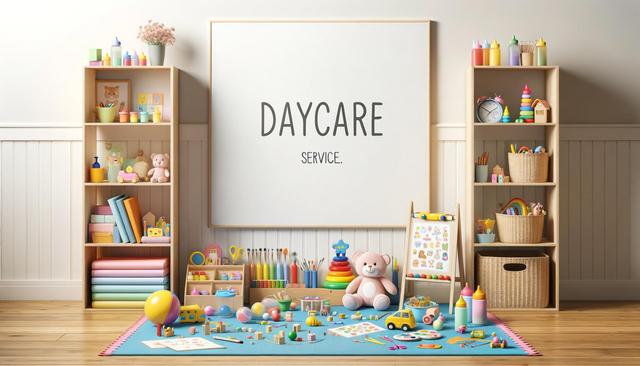Understanding the Realities of Daycare Work
When many people think of daycare work, they often imagine a simple job that involves watching children play and making sure they’re safe. However, the reality is far more complex and demanding. Daycare providers are responsible not only for the physical safety of children but also for their emotional, cognitive, and social development. This requires a combination of patience, education, and a deep understanding of childhood development. Workers in this field often undergo training in child psychology, first aid, and early childhood education to ensure they can meet the diverse needs of the children they care for.
Daycare staff also manage a wide range of daily responsibilities, including planning structured activities, preparing meals, handling behavioral challenges, and maintaining clear communication with parents. Their role is multifaceted and requires them to be educators, caregivers, and sometimes even mediators. It’s a profession that demands high energy, empathy, and resilience, which is why many who enter the field are deeply passionate about early childhood care and education.
The Educational Value of Daycare Services
One of the most significant benefits of daycare is the educational foundation it provides to young children. Quality daycare centers follow structured curriculums designed to promote development across several domains: language, motor skills, problem-solving, and social interaction. These programs are tailored to different age groups and aim to prepare children for school by fostering key skills in a nurturing environment.
Daycare settings often use play-based learning, where children engage in activities that are both fun and educational. These can include:
- Storytime sessions for language development
- Group games to enhance cooperation and teamwork
- Arts and crafts to improve fine motor skills
- Outdoor play for physical health and coordination
By participating in such activities regularly, children build confidence and learn how to navigate new experiences with guidance and support from trained caregivers.
Socialization in a Group Setting
Another important aspect of daycare services is the opportunity for children to interact with peers in a structured environment. Socialization is a critical part of early development, and daycare provides a setting where children learn how to share, take turns, express emotions appropriately, and resolve minor conflicts. These interactions help lay the groundwork for emotional intelligence and social competence.
In a daycare setting, children are exposed to diverse personalities and backgrounds, which can broaden their understanding and acceptance of others. This kind of early exposure to diversity can promote inclusivity and empathy from a young age. Furthermore, group activities help children recognize the importance of rules, cooperation, and mutual respect—skills that are essential not only in classrooms but also in life.
Supporting Working Parents and Families
Daycare services are a vital support system for working parents. With the demands of full-time jobs, many families rely on daycare to provide a safe and educational environment for their children during the workday. Knowing their children are being cared for in a structured and stimulating environment gives parents peace of mind and enables them to focus on their professional responsibilities.
Moreover, daycare centers often offer flexible hours, meal plans, and even after-school pickup, making it easier for parents to manage their schedules. Some centers also provide resources such as parent-teacher conferences and developmental assessments, which help families stay informed about their child’s growth and learning progress. These added services create a bridge between home and daycare, fostering a collaborative approach to child-rearing.
Is Daycare Work Right for You?
If you’re considering a career in daycare, it’s important to evaluate your interests, skills, and expectations. Working in daycare requires a genuine love for children, strong communication abilities, and the physical endurance to keep up with active little ones. While it can be incredibly rewarding to witness a child’s first words or help them learn to share, the job also comes with its challenges. Long hours, emotional demands, and the responsibility of caring for multiple children at once can be taxing.
However, for those who are passionate about early childhood development, daycare work offers a meaningful and impactful career path. It allows you to play a direct role in shaping a child’s future and supporting families in your community. Before entering the field, consider volunteering or shadowing at a local center to gain firsthand experience. Reflecting on your strengths and understanding the realities of the job can help you decide if this path aligns with your personal and professional goals.
Conclusion: A Valuable Contribution to Families and Communities
Daycare services are far more than a place for children to spend the day—they are foundational to a child’s early development and a critical support system for working parents. For those considering daycare work, understanding the multifaceted nature of the role is essential. It’s a profession that blends education, care, and community service, making a lasting impact on the lives of children and their families. Whether you’re a parent seeking dependable care or someone exploring a career in childcare, recognizing the depth and value of daycare services is the first step toward informed decision-making.




Leave a Reply